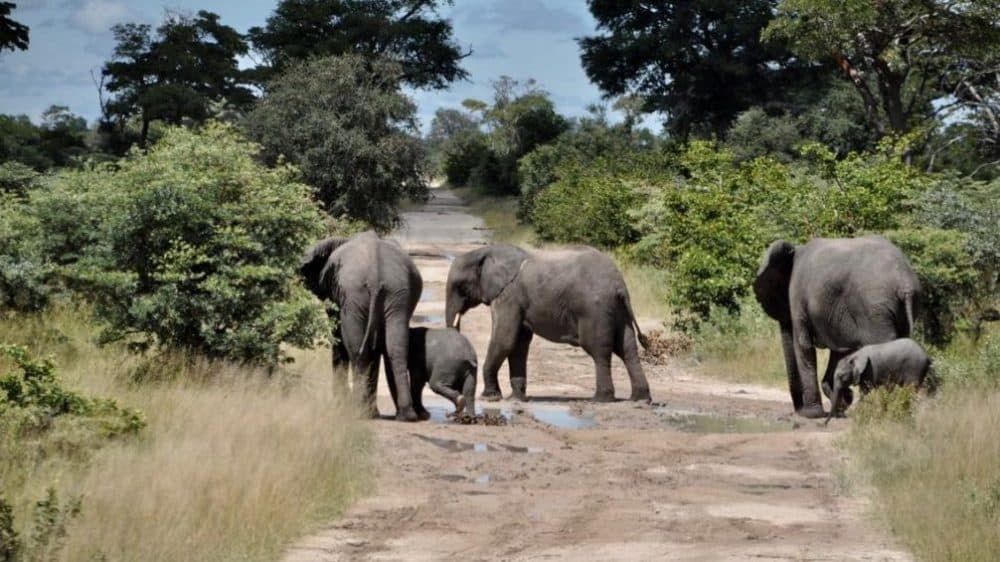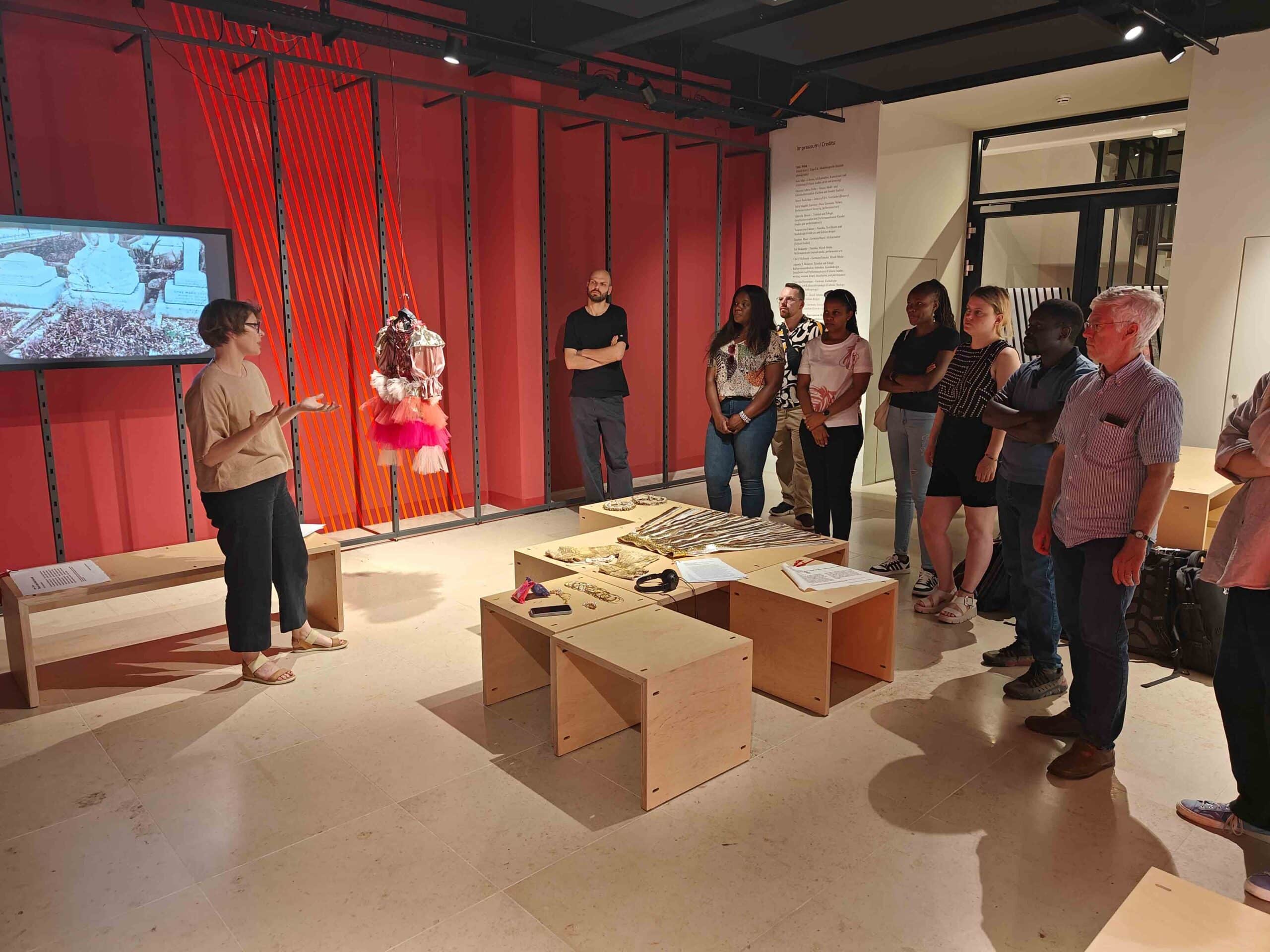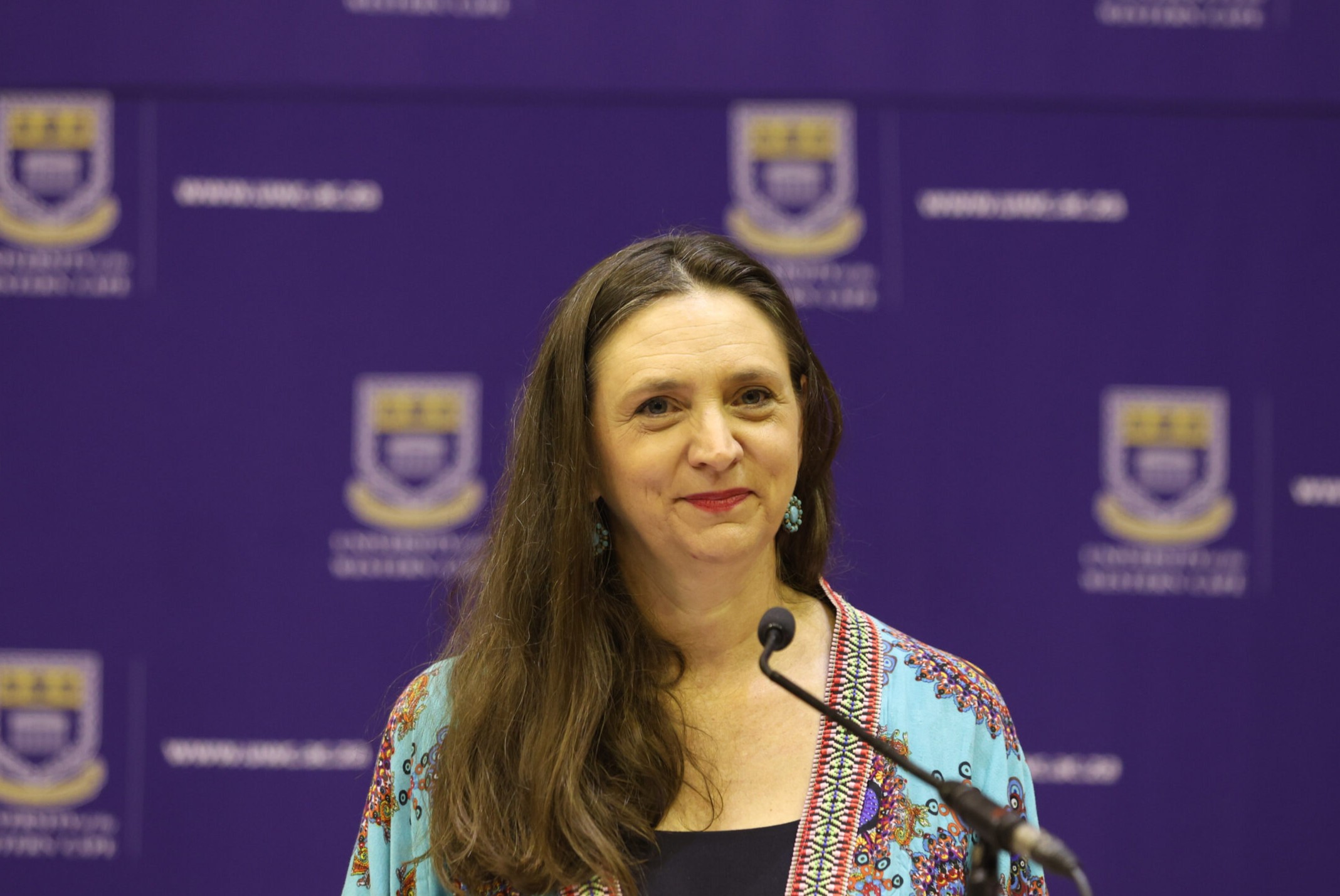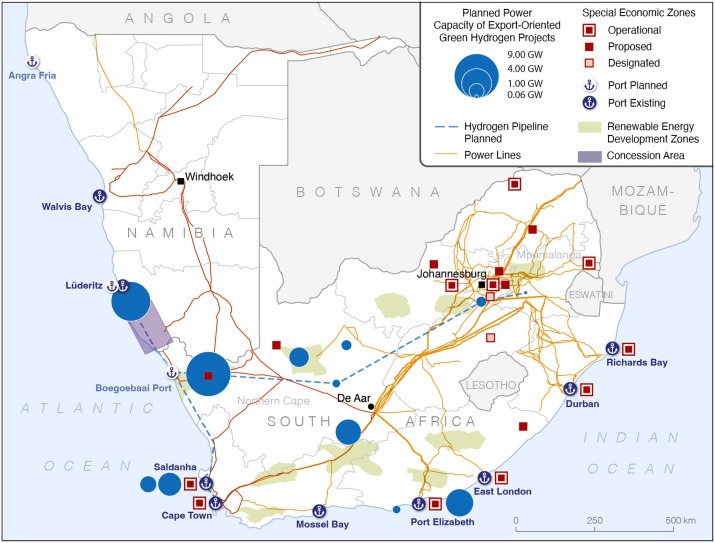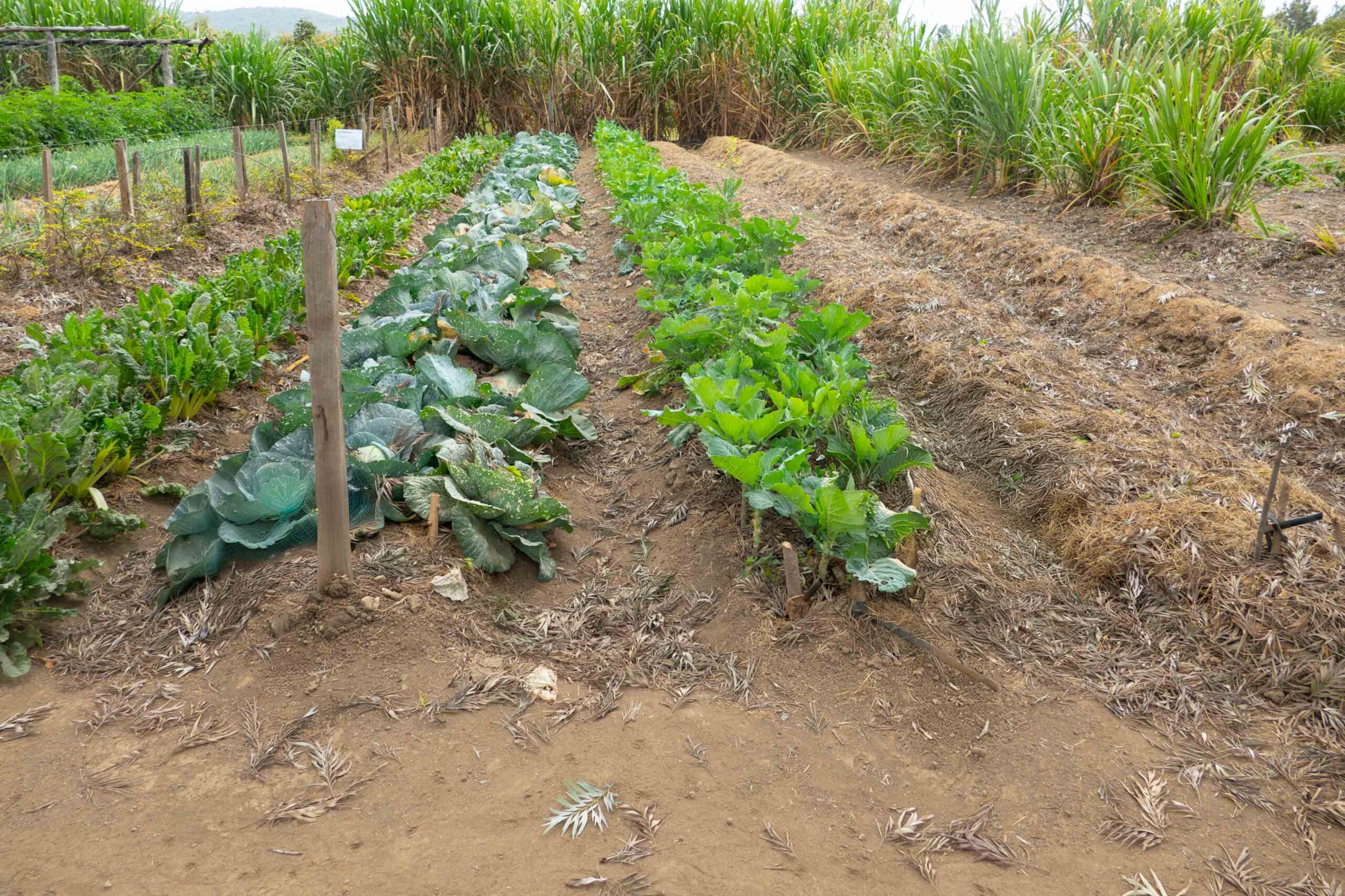As the world struggles to contain the spread and effects of global health pandemics such as the novel Covid-19 virus (Coronavirus SARS-CoV-2), discussions about the role of nature conservation in combating health epidemics remain pivotal for projecting future their risks and outbreaks.
In a press release issued by the German Federal Ministry of Environment, Nature Protection and Nature Safety on 2nd April 2020, Federal Environment Minister Schulze highlighted that committed conservation measures are key in preventing infectious diseases.
Although there is yet no exclusive research establishing the exact transmission route of Covid-19 from animals to humans, this link is suggested as 70 per cent of human pathogens including HIV, Ebola, influenza, MERS and SARS originate from animals. While transmission risks have been quite significant on wildlife markets where there is direct contact between people and different wildlife animals, the disruption of eco system balances equally presents a critical risk.
Sandra Junglen, principle investigator of CRC’s project B02 ‘Future Infections‘, contributed to the ministry’s release emphasizing the role of biodiversity protection in mediating the risks of infectious diseases: “The emergence of multiple diseases can be explained by human encroachment into previously untouched nature. Intensive land use, prevalence of monoculture and clearing of forests lead to biodiversity loss and change the composition of mammal populations. Biodiversity loss means that more animals of one species share the same habitat. When the ecosystem is thrown out of balance, infectious diseases can spread more easily. Biodiversity and functioning ecosystems can help prevent the spread of infectious diseases,” she said.
Within the CRC’s sub-project ‘Future Infections’, Junglen’s team investigates the impact of social-ecological transformations and land-use changes on the dynamics of arthropod-transmitted infectious viral diseases in north-eastern Namibia. Carrying the risk of catastrophic outbreaks, vector-borne diseases hold a large potential to shape future-making in rural Africa.
Apart from here involvement in the CRC, Junglen is furthermore chairing the working group Ecology of Emerging Arboviruses at the Institute of Virology, Charité University Medicine Berlin. Her work contributes widely on her research surrounding the matter and was recently featured in the ARD (Tagesschau) news on 2nd April 2020.
Click here to read the full press release.

